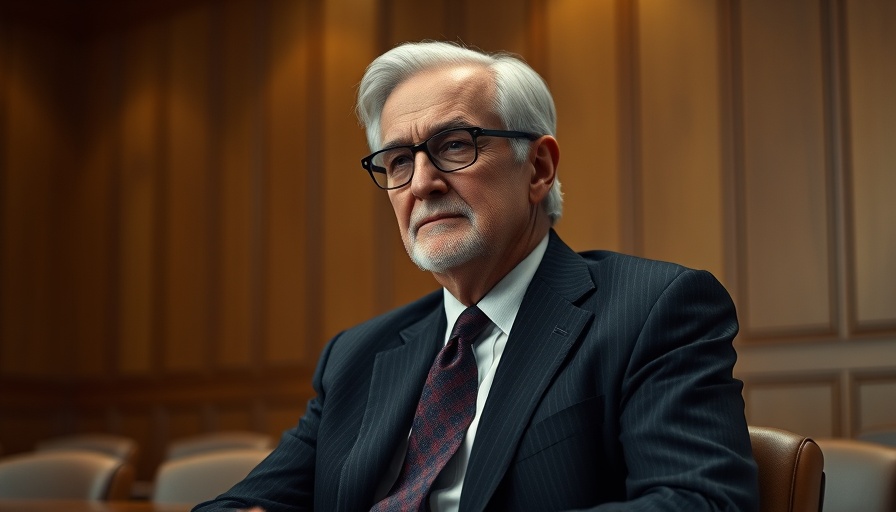
rfk junior calls for an ai health revolution
During a striking appearance on The Tucker Carlson Show, health secretary robert f. kennedy jr. unveiled a controversial plan to radically change the federal health systems using artificial intelligence. With a bold proclamation to stop trusting experts, he sparked alarm while outlining his vision of integrating ai into agencies like the fda. The implications of this plan are profound and raise important questions about trust, transparency, and the future of health policy.
why we should question the experts
kennedys' assertion that trusting public health experts is totalitarianism won’t resonate with everyone. He criticized the notion that experts should always be believed without question. This position strikes at the heart of ongoing debates about accountability in health communication. Trust in health authorities wavered significantly during the covid-19 pandemic, leading to skepticism that some believe should actually empower individuals to seek out their own information.
the technology behind drug approvals
Kennedy discussed how AI could change the pace of drug approvals, suggesting simulations could replace traditional clinical trials. He argued that this could significantly accelerate access to new medications, saying, “you can do drug approvals very, very quickly with ai.” However, there's no clear strategy on how this will comply with existing regulatory standards. The promise of speed may come at the expense of thorough evaluation, putting patients at risk.
the implications for public health
Moving away from established clinical models to an AI-first approach might make sense from a productivity standpoint, but it can create larger risks. While innovative algorithms hold promise, they must undergo rigorous testing to ensure patient safety remains paramount. The idea that AI could eliminate animal testing while enhancing trials invites skepticism, as the complexity of human biology isn't directly translatable from data alone.
historical context: mistrust in health authorities
The mistrust surrounding health experts isn't new. It sparked during the aids crisis, notably with the conflicts over the effectiveness of certain treatments amid an urgent need for progress. Kennedy's rhetoric feels reminiscent of those times, echoing calls for individualized inquiry into complicated health matters. Furthermore, the refusal to trust established protocols can lead to a divide that may deepen community health disparities, particularly among vulnerable populations.
counterarguments: the dangers of misinformation
While it's vital to question experts, a pervasive distrust can pull society away from collective health initiatives. Kennedy's statements can also inadvertently echo conspiracy theories, which spread misinformation and diminish the reliance on science—a factor crucial during a global pandemic. Addressing legitimate concerns should not devolve into skepticism of all health recommendations.
possible future trends in health policy
As AI continues to gain traction, the potential for data-driven changes in health policies could reshape healthcare access and delivery models. The trend could lead to faster innovations; however, governance will be necessary to address ethical implications and ensure that safety remains a priority. Regulating AI effectively could mitigate fears while harnessing its prospective benefits for public health.
Understanding these dynamics will be crucial for the community of health-conscious individuals in massachusetts. They need to critically evaluate proposals like those from kennedy, ensuring that advancements benefit society without compromising integrity.
Seek out local forums and discussions about his proposals, as these will provide a platform for voices in our community to engage with these powerful shifts in health policy and technology. Staying informed is our best defense against changing landscapes in health.
 Add Row
Add Row  Add
Add 




Write A Comment